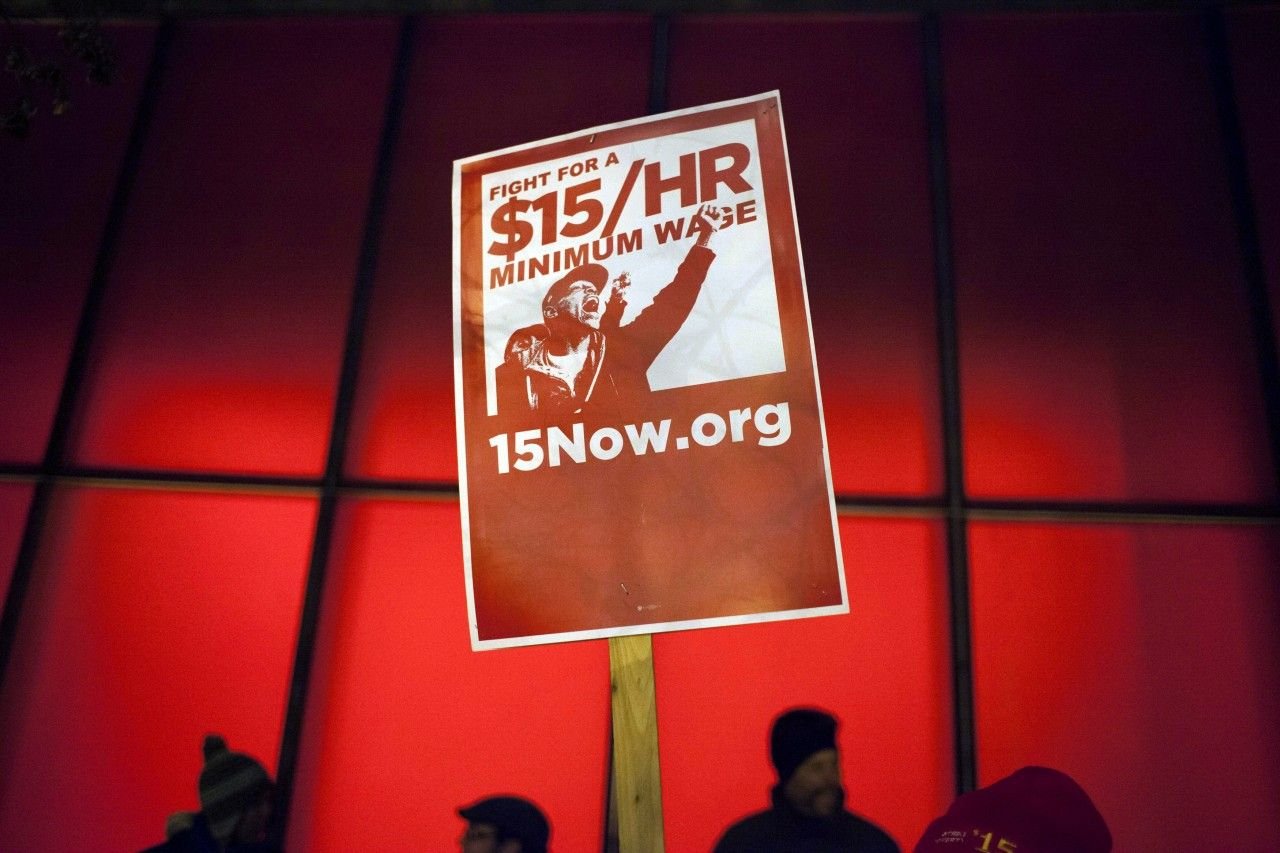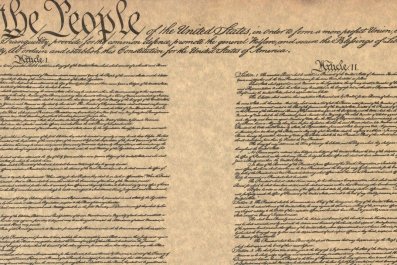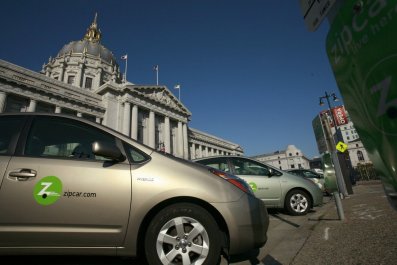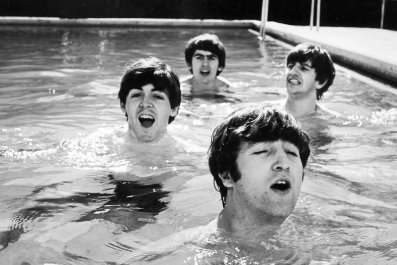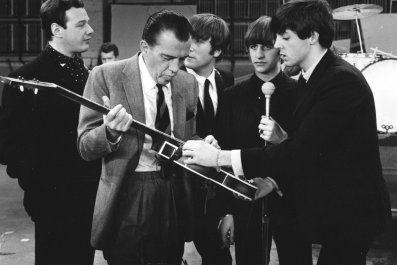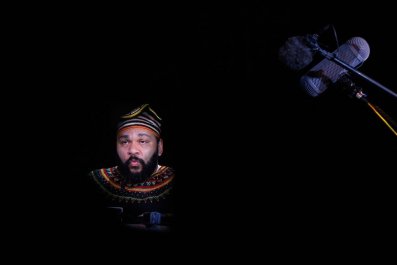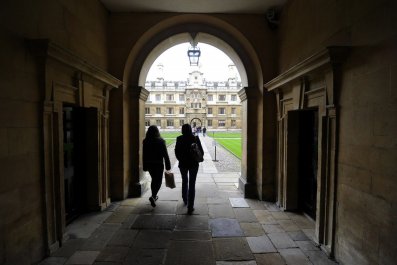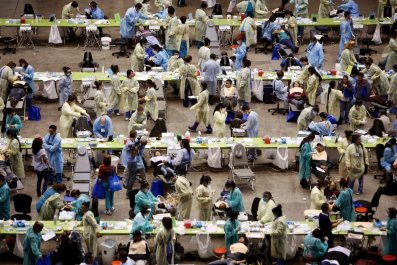President Obama is about to give half a million or so Americans a big raise. As federal contracts come up for renewal, workers who are getting the minimum wage of $7.25 an hour will see that bumped up nearly 40 percent to $10.10. The president is also pushing Congress to raise the minimum wage across the nation to the same level. That may sound generous, but compared to other rich countries it's still below average (and downright modest compared to Jamie Dimon's 74 percent raise).
According to Organisation for Economic Co-operation and Development rankings of developed nations by minimum wage, the U.S. ranks 11th with the current minimum wage of $7.25 an hour. If the minimum wage increased to $10.10, the U.S. would rank eighth. At the top is Australia which pays a minimum of $15.75 an hour, followed by Luxembourg ($14.21), France ($12.55), Ireland ($12.03), Belgium ($11.92), Netherlands ($11.38) and New Zealand ($10.22). A minimum wage of $10.10 would still lag behind the average of $11.66 an hour for the top 10 nations by minimum wage.
In the days following the president's State of the Union address, Republicans made it clear they are not likely to raise the nation's minimum wage any time soon. That's a blow to more than 3 million workers employed in the private sector at or below minimum wage. These workers tend to be young, mostly women, working in services like leisure and hospitality, restaurants and food. At the current minimum wage rate of $7.25 an hour, a full-time worker earns $14,500 a year.
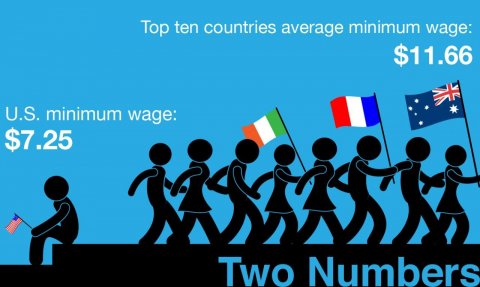
While the federal government sets the minimum wage for the nation, states can determine their own minimum wage laws. According to the Department of Labor, 21 states plus Washington, D.C., actually have minimum wages above the federal level. The highest is Washington state with a minimum wage of $9.32 an hour. Twenty other states maintain the federal minimum wage rate, while four have less than the minimum wage, and five have no minimum wage requirement at all. In the case of a state like Georgia, where the minimum wage is set at $5.15 an hour, companies are required to pay the federal minimum wage, although it turns out there are plenty of exemptions. It's no surprise, then, that Georgia has one of the highest proportions of its hourly paid workforce earning below minimum wage.
While the minimum wage directly affects a small part of the workforce, only around 5 percent of all workers earning hourly wages, it is often seen as a measure of affluence. Developing countries, for instance, set low minimum wages and richer countries tend to have higher minimum wages. The U.S. is a leader in many ways, but when it comes to minimum wage we're not even average.



